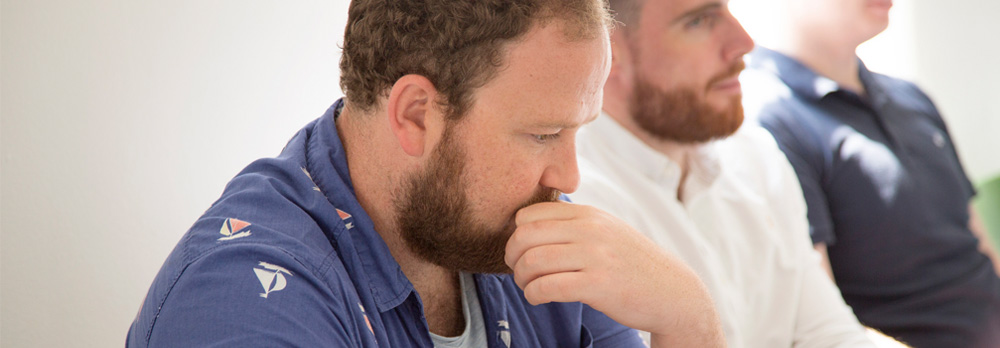
Tune In Any Time! The Future of Branded Online TV Channels
5 February 2012, Steff Aquarone
The past few years have seen massive changes in the way we consume video – not least that Internet users now upload more than an hour of new video to YouTube every second and watch 4 billion videos per day.
Although many are lagging behind, some brands have realised that their viewers aren’t trapped into watching content any more, so in order to work, their content has to be seriously useful, interesting or entertaining.
In 2011 we saw break-away successes like Yeo Valley’s ‘The Churned’ generating 10% in sales uplift, and T Mobile’s ‘Life is for Sharing’ ad reaching more people on YouTube in the run up to its premiere than the peak X Factor ad break.
We also saw significant growth in branded online TV channels that offer customers new ways to explore products and engage with brands.
The main benefit of this branded TV channel approach is the opportunity it creates for revenue generation.
By focusing on driving viewers to their own online channels, brands can offer viewers relevant options to engage further or make a purchase. Using this approach M&S TV saw a doubling of average site dwell-time and a 23% increase in average basket size. Meanwhile Kiddicare TV is an in-house success story, achieving more than 3/4 million monthly views largely of product-page videos.
The next phase of online TV will likely see brands stepping outside of the world of their products and focusing on pure entertainment.
“Brand Entertainment” is the new way for marketers to earn people’s attention and build engagement. Waitrose’s sponsorship of ‘The End of the Line’, a documentary about sustainable fishing, is an early example of a brand understanding their audience and offering them something they’ll find interesting.
After all in an age where young adults are watching more TV-originated content online than on television sets, why wouldn’t people go to boots.com to watch a series on healthy living?
Brand Entertainment will deliver benefits through overall awareness and engagement as well as direct sales click-through. But achieving this ‘halo effect’ relies upon a thorough understanding of what audiences will find interesting, useful or entertaining.
Although the competition is tough, content that achieves this will reach its audience more easily than ever before thanks to social sharing – meaning there is an opportunity for low-budget success too.


